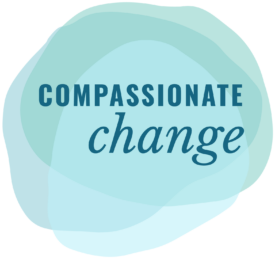CBT: Cognitive Behavioural Therapy
CBT is a talking therapy based on the idea that our thoughts influence our emotional and behavioural patterns. CBT involves exploring and then experimenting with changing these patterns, often in a structured way. Developing on your coping skills can also be an important part of therapy.
CBT is effective for a wide range of difficulties, including anxiety disorders, OCD, PTSD, panic disorder, social anxiety, depression, substance abuse, eating disorders and sleep difficulties. It can also be helpful for difficulties related to complex trauma and ‘personality disorder’.
CBT is often a short term intervention, focused on changing your current experiences. We might explore your past, though this is usually to help us understand your present. An exception is where you have experienced traumatic events. We will spend more time focused on the past to help you process what happened so that you are free to move forwards in your life.
CBT has developed a great deal since it was first developed in the 1960s. There are some 'third wave' forms of CBT, that have good evidence and can be very helpful for a range of difficulties. One third wave CBT approach is 'Acceptance and Commitment Therapy' (also called ACT), which offers some clever ways to work with your thoughts and painful emotions, whilst living in line with your values.
To find out more about using CBT to work on your difficulties, get in touch and let’s consider if this approach will be helpful for you.

